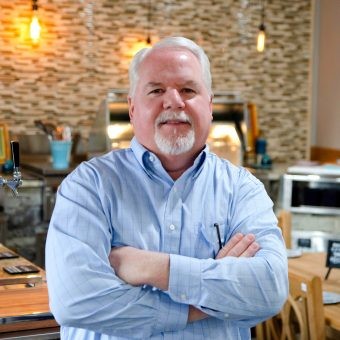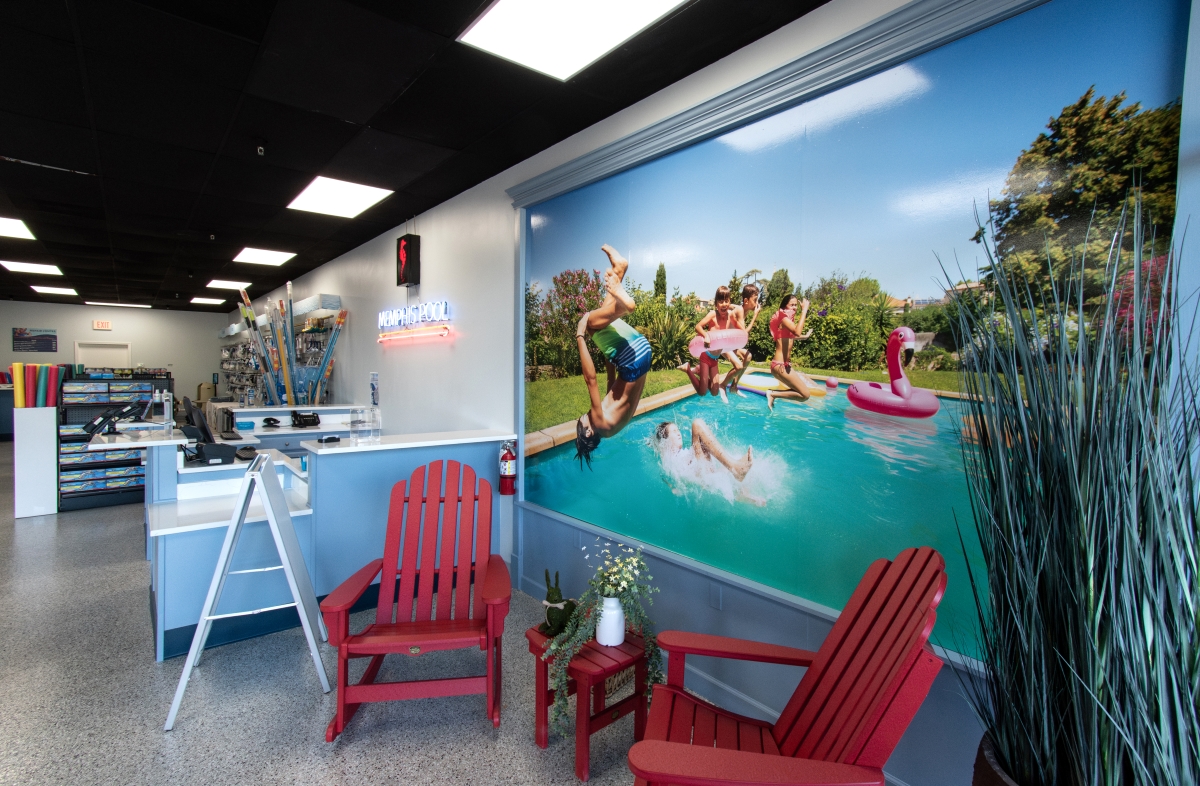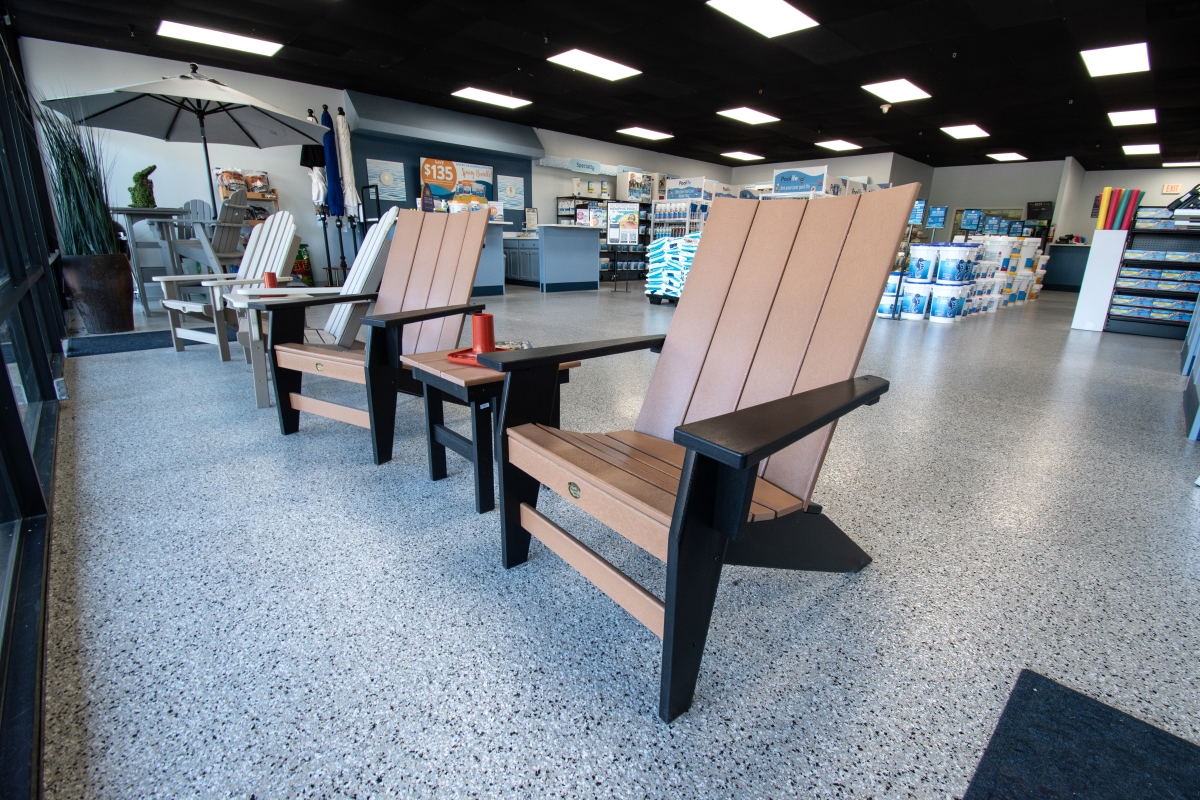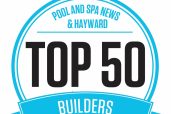Product sales have not been immune to the post-COVID deceleration.
Especially with customers having stocked up on supplies in response to the supply-chain difficulties of a few years ago, clients aren’t visiting at the same rates as before.

Mark Reed, CEO of Memphis Pool
“We’re seeing some incremental downticks,” says Mark Reed, CEO of Memphis Pool, named for the town of its headquarters. “We attributed part of that to the last couple years of everybody stocking up. And some of it is due to internet sales and big box stores.”
To coax those numbers back up, Reed employed a short-term sales incentive strategy called a sales performance incentive fund formula, or SPIFF. Reed wanted something that could make a difference while targeting attainable goals for seasonal and permanent staff.
He identified 15 to 18 products to target. Then staff in both the retail and service/maintenance departments were given monthly sales goals for these skus, based on how the products sold last year. Once the team reaches the targeted quantity, each sale brings each staffer a small payout. The reward could be just a couple dollars for, say, every bottle of algaecide. But it holds the potential to add up.
“When I did the initial math, it appeared they could make $100 to $150 extra apiece just in a monthly bonus,” Reed says.
Choosing the products required some strategy. They couldn’t be staples (customers are going to buy those anyway), they couldn’t be big-ticket items (a spa buyer already knows they’re a spa buyer). However, the products couldn’t be completely discretionary or unnecessary. Reed targeted products whose sales had slowed down, possibly because of internet competition, so this could provide an opportunity to revive those sales. And they needed to generate relatively high margins.
“These are additional products that are advantageous, but the customer may not know exist –- things like clarifier and [filter sand cleaner]. So by suggesting them, we’re educating the customer along the way as well.
“They’re all things you need,” he added. “We’re just trying to capture that business before they buy it elsewhere or online.”

He also looked for products that would prove easy to sell, even for newcomers. This was especially important, considering that Memphis Pools’ four stores employ some seasonal staff. “When you get seasonal employees, they don’t always know what to suggest, because they don’t have the experience. For them it’s easier to suggest these items and explain to the customer what that will do for them.”
These products made for logical, intuitive additions to most purchases. “It’s easy to suggest: ‘We have a sale on algaecide now. You’re going to need it – the warm weather’s coming.’ It’s an easy sale without the new people feeling like they have to do a high-pressure job.”
To help the process, Reed and his team created informational sheets and QR codes for each of the products. They can be found on the shelves and at the cash register so the information can be easily accessed by clients.
Reed reports noticeable increases so far and has high hopes for the season. “When I looked at selecting the items, I estimated that, if we hit our targets … it should give us an 8% to 10% bump in retail sales.”
And the program has shown side benefits. It provides an opportunity to further interact with customers who may have walked in with a single purpose and didn’t take time to browse. “We’re seeing our retail staff getting engaged with upselling and suggestion selling,” he says. “When somebody comes in buying one thing, we suggest another.”
It also helps service technicians to look beyond the immediate problems that need to be fixed on a particular pool. “We’re trying to get them to take a minute, look around and see other items that need to be addressed – such as pressure gauges, o-rings. If the pressure gauge isn’t working, let’s replace it while we’re there, even though we’re there to fix something else.”





